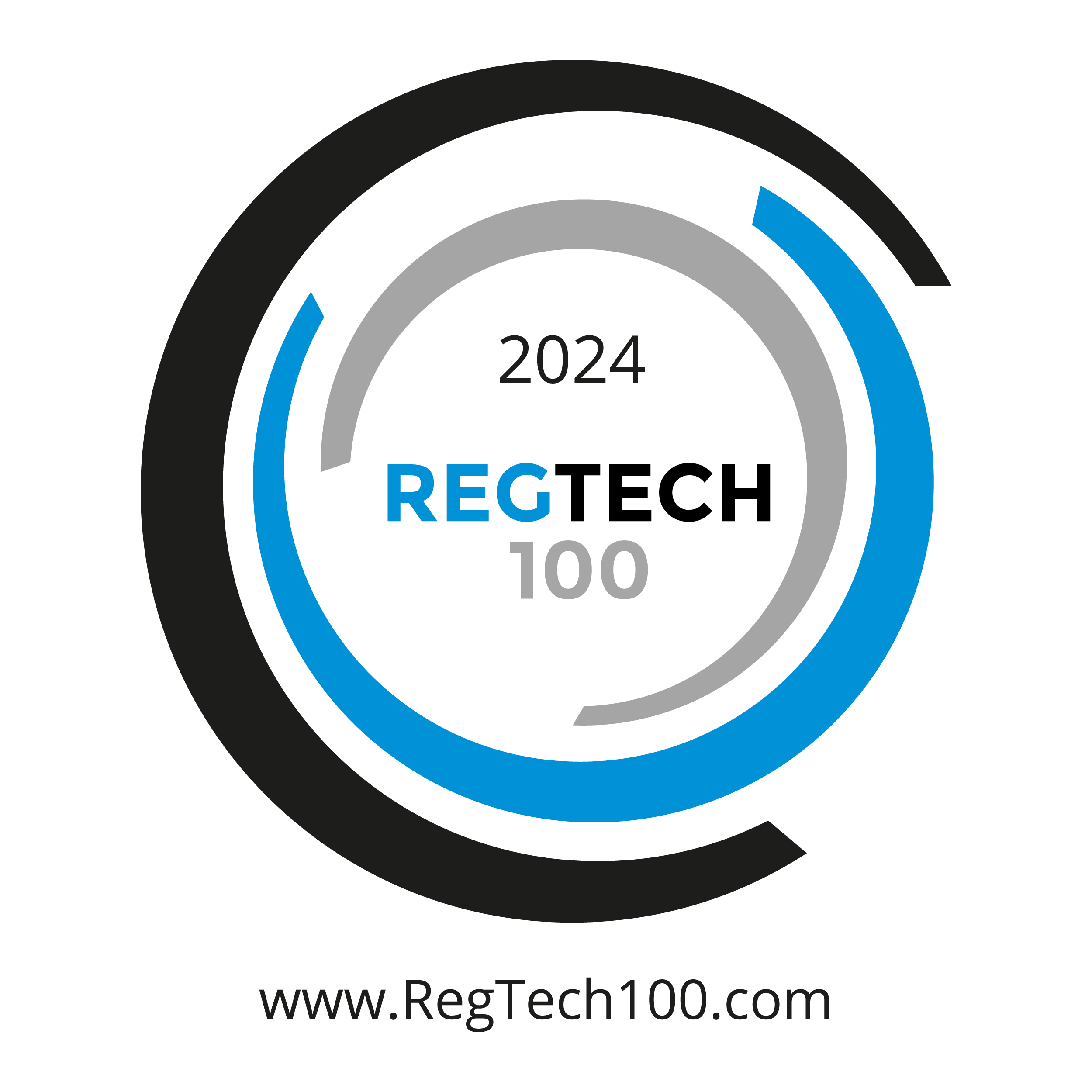KYC is still far from becoming an extinct requirement for financial institutions and corporate officers. Blockchain, the Trust Machine as coined from the homonym title of M.Casey’s & P.Vigna’s new book (reading now), is being used to address the conundrums around this complex requirement.
KYC (Know Your Customer) is about Identity. How complex can that be? For the layman, it may seem tedious in this age of automation, biometric technology, satellites etc.
C for Customer but also for Complexity; describes the Identity landscape. Blockchain technology is being used left and right to address this.
I spoke to one of the startups out of Sweden, who is focused on the most complex part of the identity landscape, the corporate KYC. Astyanax Kanakakis, the CEO and co-founder of Norbloc, shared his expertise in this behind the scenes business area, that is a building block for any regulated business. Astayanax clarified that when mapping out the Identity landscape, one should consider whether;
- The frequency that the data needs to be updated
- The size of the market (e.g. birth certificates, or government IDs, corporate registries, corporate records, etc)
- The complexity involved
Norbloc, is a startup out of the B-hive accelerator, which is based in Belgium but is a collaborative European platform that matches the needs of banks, insurers, and infrastructure players in the financial ecosystem, to entrepreneurs. They have developed a Blockchain powered KYC platform, Fides, for the complex Corporate KYC process. The complexity comes from the fact that regulations are frequently changed, the regulatory requirements are very comprehensive and complex, and on top of all this, the number of “transactions” that are regulated is increasing with an already growing support documentation.
Norbloc’s research shows how inefficient the Corporate, SME KYC market is. The estimated costs in three countries for KYC processing, excluding physical handling of documents, is not only huge but the duplication part is significant, ranging from 36% to over 50%. In addition, the frustration from the bad customer experience is not reflected in these numbers and cant be priced.

The Fides KYC platform is powered by a permissioned blockchain that allows customers (think corporate entities) to log in with a customized Electronic ID. Then APIs are used to fill-in the data fields from the public data sources (e.g. corporate registry). The corporate customer can choose to who to delegate and with whom to collaborate for the collection of internal data and have full control of the permission of each separate field of data.
For a bank officer, the Fides platform offers an updated full access to all customer data for finalizing onboarding (if the regulator requires a physical meeting or through a video KYC interview if the legal framework allows). Renewals and updates are very efficient and less time consuming. Corporate compliance departments have real time data and regulators can access up to date reports from a separate interface. Fides, allows full data auditing with detailed timestamping and an audit file of all metadata for potential reviews.
Norbloc’s design includes the capability of securely sharing a KYC file with multiple regulated institutions. Essentially, it is a centralized system with a decentralized architecture. The institution that performs the 1st onboarding, receives a Verification Stamp which they can choose to monetize by charging a fee to other regulated parties that want access to this information. All these parties, will be paying a minimal fee (compared to previous costs) and can trust the verification process.
Fides allows participants to securely connected to the permissioned blockchain to read, access or share the encrypted KYC data, subject to client’s consent. So, a corporate will give the permission to another bank to access their encrypted KYC updated files that were processed and validated by the 1st bank they were onboarded.
The data stored on Fides cannot be altered, even by the client himself, without being validated by a registered institution and subsequently shared with all parties having access rights to it. Therefore, Fides is GDPR compliant.
The Norbloc breakthrough monetization model of the KYC services among financial institutions and other market participants. This is especially true in areas that duplication. Norbloc estimates 50% reduction in KYC costs by the digitization, the removal of duplication and the low fee monetization. More importantly, the UX for corporate, SME clients will exponentially increase contributing to customer satisfaction and loyalty. Regulators will benefit also in their mission their supervisory mission.
Most banks these days, are in the process of considering APIs to connect with others directly or through 3rd trusted parties again. Norbloc offers a protocol solution with the use of a private blockchain. All counterparties agree on the protocol and the smart contract that will power the exchange of data, analytics, workflows etc. Traditional big costs centers (complex software and lots of labor) can turn into revenue centers. The financial ecosystem can maybe in halve the total KYC bill. Regulators will be able to perform their function more efficiently.
Who was Fides; Fides (Latin: Fidēs) was the goddess of trust and bona fides (good faith) in Roman paganism.[1][2] She was one of the original virtues to be considered an actual religious “divinity”.[3]





